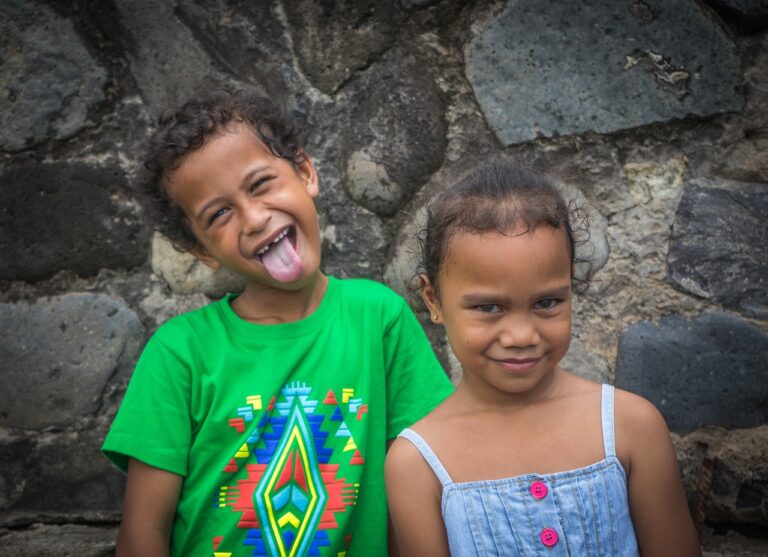The Influence of Cultural Traditions on Entertainment Festivals: Celebrating Diversity and Heritage
Entertainment festivals hold a pivotal role in showcasing cultural traditions that have been passed down through generations. These events provide a platform for communities to celebrate their heritage, whether it be through music, dance, food, or art. By incorporating these traditional elements into festivals, organizers not only preserve cultural practices but also educate and engage attendees in the rich history behind the festivities.
The significance of cultural traditions in entertainment festivals lies in their ability to foster a sense of unity and pride among participants. When individuals come together to partake in traditional activities and performances, they form connections with one another and strengthen their cultural identity. Moreover, these festivals serve as a means to promote diversity and inclusivity, as people from various backgrounds can come together to appreciate and learn from different cultural practices.
• Cultural traditions in entertainment festivals showcase heritage through music, dance, food, and art
• Organizers preserve cultural practices and educate attendees on rich history
• Festivals foster unity and pride among participants by forming connections and strengthening cultural identity
• Events promote diversity and inclusivity as people from different backgrounds come together to appreciate various cultural practices
Historical Roots of Cultural Celebrations
Cultural celebrations hold a deep connection to the past, often rooted in historical events, beliefs, or practices that have been passed down through generations. These festivities serve as a way to honor the traditions and customs of a particular community or group, providing a sense of continuity and connection to the past.
From ancient rituals to religious ceremonies, cultural celebrations have evolved over time, intertwining with the social, political, and economic landscape of their respective societies. These events serve not only as a form of entertainment but also as a means of preserving and promoting the unique heritage and identity of a community, fostering a sense of pride and belonging among its members.
Impact of Globalization on Traditional Festivals
As traditional festivals become more exposed to global influences, there is a noticeable shift in their essence. The influx of foreign elements into these celebrations has sparked debates on cultural authenticity and preservation. With globalization breaking down barriers, traditional festivals face a challenge in maintaining their original customs and practices amidst the pressures of modernization.
Moreover, the commercialization of traditional festivals in the global market has raised concerns about the dilution of their cultural significance. As these events attract a more international audience, there is a tendency to cater to broader tastes and preferences, sometimes at the cost of sacrificing authentic traditions. The clash between commercialization and cultural preservation is a complex issue that traditional festival organizers must navigate in a globalized world.
How do traditional festivals contribute to the preservation of cultural traditions?
Traditional festivals play a vital role in keeping cultural practices alive and passing them down to future generations. They provide a platform for communities to showcase their unique customs, rituals, and beliefs.
What are some examples of traditional festivals with deep historical roots?
Some examples of traditional festivals with historical roots include Diwali in India, Oktoberfest in Germany, and Chinese New Year celebrations. These festivals have been celebrated for centuries and have deep cultural significance.
How has globalization impacted traditional festivals?
Globalization has had both positive and negative impacts on traditional festivals. On one hand, it has allowed for the spread of cultural practices to a wider audience, leading to increased recognition and participation. On the other hand, globalization has also led to the commercialization and homogenization of traditional festivals, diluting their authenticity.
Are traditional festivals in danger of disappearing due to globalization?
While traditional festivals may face challenges in the era of globalization, they are not necessarily in danger of disappearing. Many communities are taking steps to preserve and protect their cultural traditions by adapting to the changing landscape and finding innovative ways to keep their festivals relevant.







